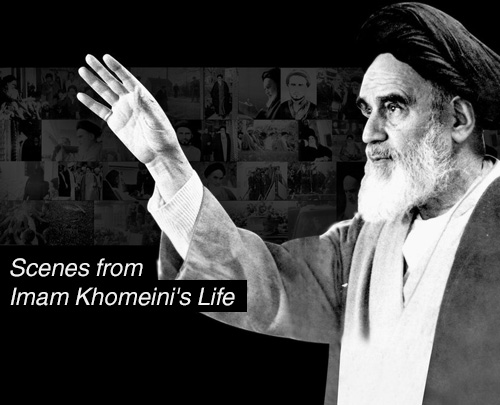Time Organization
Imam Khomeini did not waste a single minute in his daily schedule and he had
something to do during every moment. In spite of his many duties, he used to
specify certain times during the day to spend with his family and he would
listen intently and pay full attention to what they had to say to him.
Rearing Children
Concerning rearing children, Imam Khomeini used to say: "Be honest
with them so that they will be honest with you because parents are [children's]
role models. If you treat them well they will become righteous. Do everything
which you order children to do."
Immense Sympathy
At the time when Imam Khomeini was banished outside of Iran and was
living in Najaf, he had no air conditioner at home despite the intense heat. His
visitors would urge him to go to Kufa which had a milder temperature than Najaf
but he would vehemently refuse due to his sympathy for the prisoners in the
Shah's jails.
It's Time to Serve People
Imam Khomeini's granddaughter says: "After I finished my studies, the
Imam summoned me and said: 'Now you have completed your studies so it is time to
serve people. Hold a pen and write poetry, a story, or an essay.' "
Sorrow for Martyrs
Imam Khomeini was very patient and his sorrow would not be quickly evident on
his face. However, he would be deeply affected if he heard that a number of
Revolutionary Guards, army members, or Mobilization Forces were martyred.
Honor in Offering Service
Imam Khomeini never tired of serving the destitute and the oppressed and he felt
honored in serving them. When he was in Paris, he once said: "Your service is
what makes the pains of living here easier."
After the victory of the Islamic Revolution, he said in one of his speeches: "I
sincerely offer my soul which has no value for the sake of serving Islam and
this noble nation".
A Tender Heart
Imam Khomeini cried frequently at the sight of the painful scenes on television
which displayed the state of the impoverished and the destitute.
The first counsel that he would give to any official who visited him was to heed
the state of the oppressed.



















